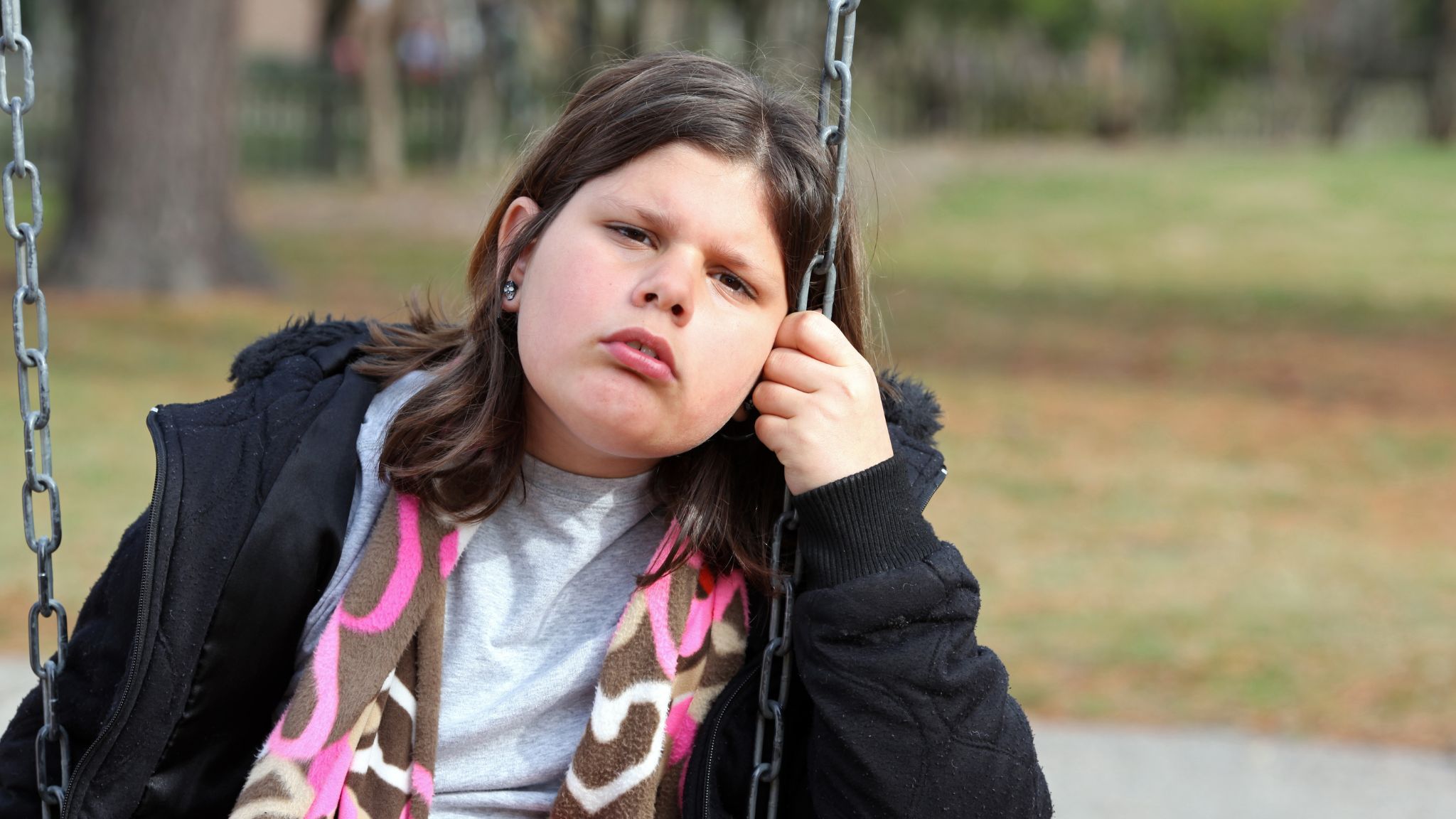
Chronic Pain and Poverty in Childhood
Experiencing chronic pain during childhood can significantly impact various aspects of a person’s life, especially when compounded by poverty. Children facing chronic pain may struggle with daily activities, miss school frequently, and often require medical care, which can be financially burdensome for families living in poverty.
Here are some ways chronic pain and poverty in childhood can intersect:
Limited Access to Healthcare: Families living in poverty might face challenges accessing adequate healthcare for their children. Medical expenses, including doctor visits, medications, and therapies, can strain a family’s finances.
Educational Impact: Chronic pain can interfere with a child’s ability to attend school regularly and concentrate in class. This can lead to academic difficulties and potentially impact future opportunities.
Emotional and Psychological Effects: Coping with chronic pain can take a toll on a child’s mental health. The stress of living with constant pain, combined with the stressors of poverty, can contribute to anxiety, depression, and other emotional challenges.
Social Isolation: Children dealing with chronic pain might miss out on social activities, leading to feelings of isolation or being different from their peers. Poverty can further exacerbate this by limiting access to recreational activities or social gatherings due to financial constraints.
Family Stress: Financial strain from managing medical expenses alongside everyday living costs can create tension within the family. This stress can affect the overall well-being of both the child and the caregivers.
Support systems, including community resources, social services, and healthcare assistance programs, can play crucial roles in alleviating some of these challenges. Accessible healthcare, financial aid for medical expenses, support groups, and educational accommodations can significantly improve the quality of life for children experiencing chronic pain in impoverished circumstances.
It’s important for communities and policymakers to recognize and address the intersection of chronic pain and poverty in childhood to ensure that all children, irrespective of their financial situation, have access to proper healthcare and support to thrive despite these challenges.